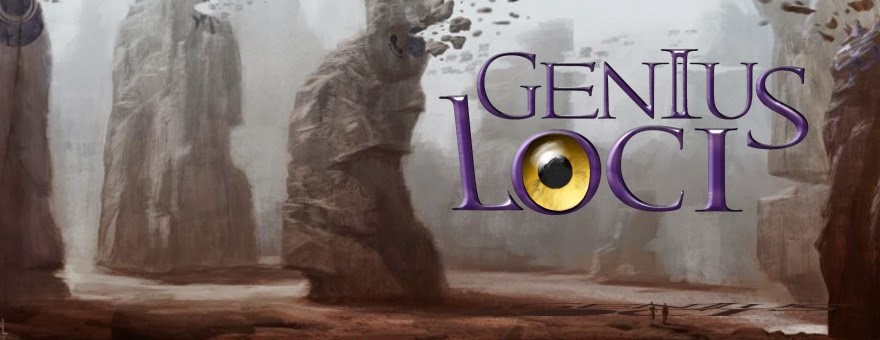"Many people make a little fun of us, as if we're funny old grandparents with spleens. We find that easy to overlook - we hand them a telescope, point them to a new star, and quietly smile about their wonder."Astronomy, or the science of the stars, is a known but little practiced subject among scientists on Kitas, since most of their tables and charts are interesting but useless to the average person. Still, sailors regard them as lucky charms and like getting the newest updates for their navigation. New stars are born all the time in the two nebulae, and the two moons as well as the Eye and its moons - the planet following behind Kitas in its run around the sun - present many scientific questions.
— Wilegund, nightreader
"If only my daughter had not decided to become a nightreader. Useless enough to have two mapmakers in the family, and I never understand what the three talk about when they visit."
— Pien, farmer
When they aren't roaming the lands to find any and all stars, their guild is busy talking rulers into financing and building bigger telescopes. The latest and biggest success of that is the enormous telescope of the Bargassa engineering school. Nightreaders and mapmakers share an interest in the navigational value of new discoveries, and are often found in debate along travelling routes' inns.
Artist's notes
Since I threw out prophecy and religion, the usual fantasy meme of reading the future in the stars doesn't work for Kitas (and with that, star signs, horoscopes, and the likes). In my opinion, navigation fully justifies interest in the stars, and so nightreaders are cause for expensive prestige projects, and otherwise, as the quote shows, regarded as maybe not useful, but nice to have.



